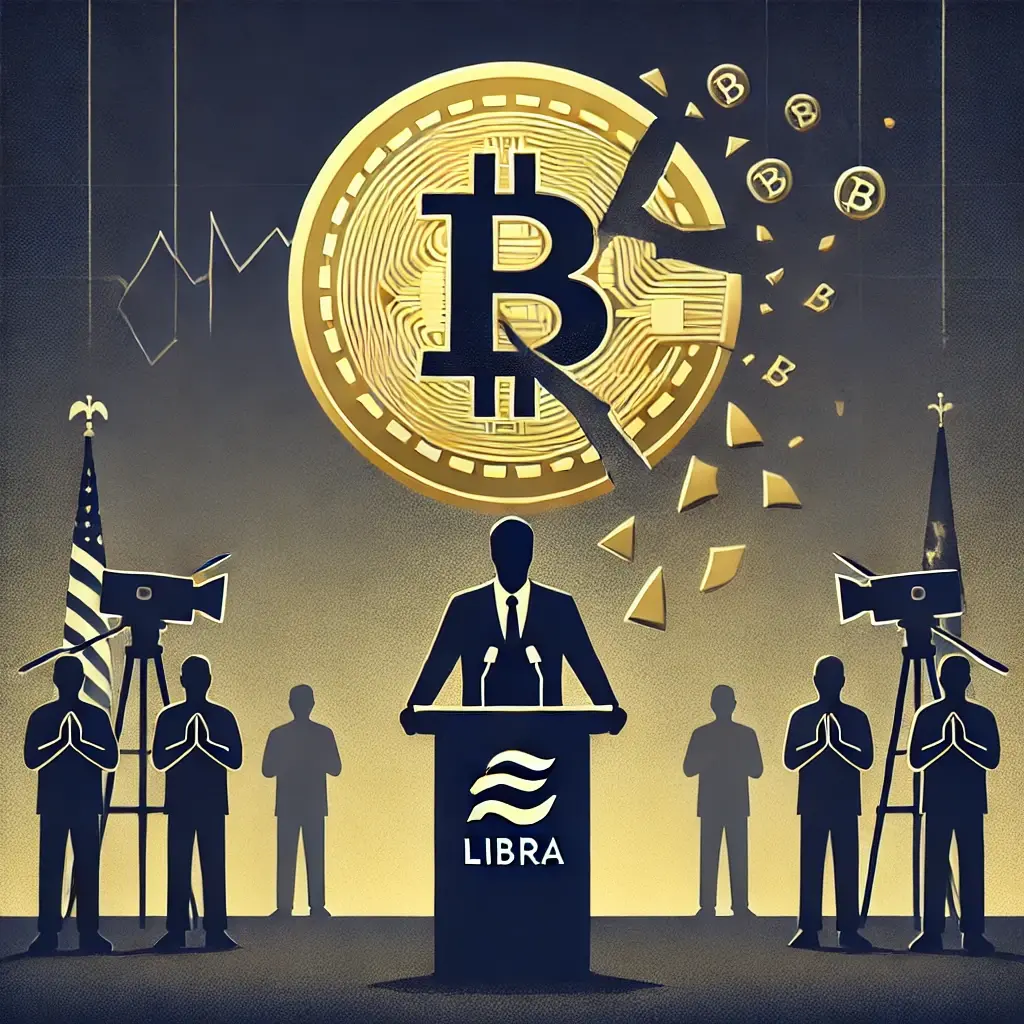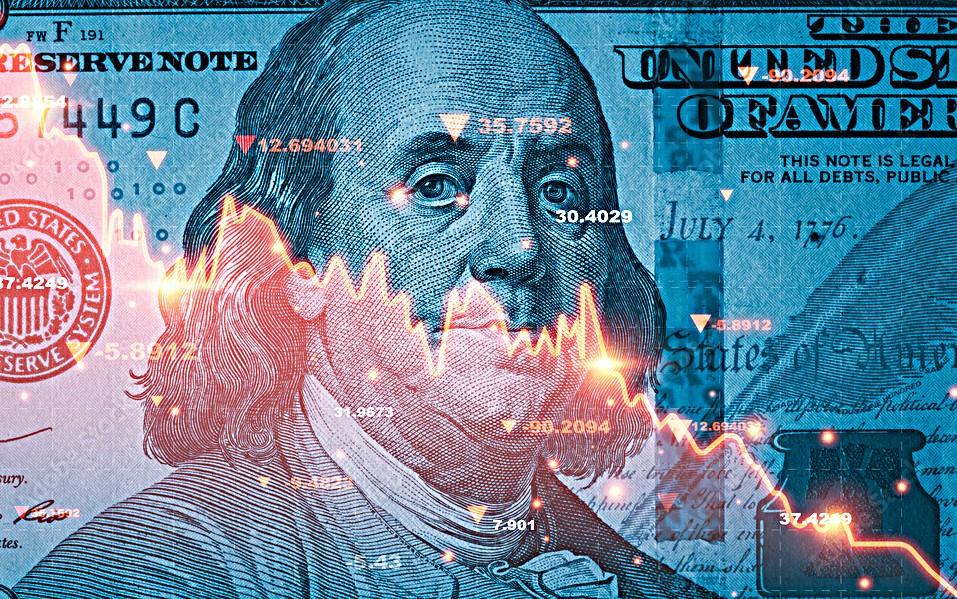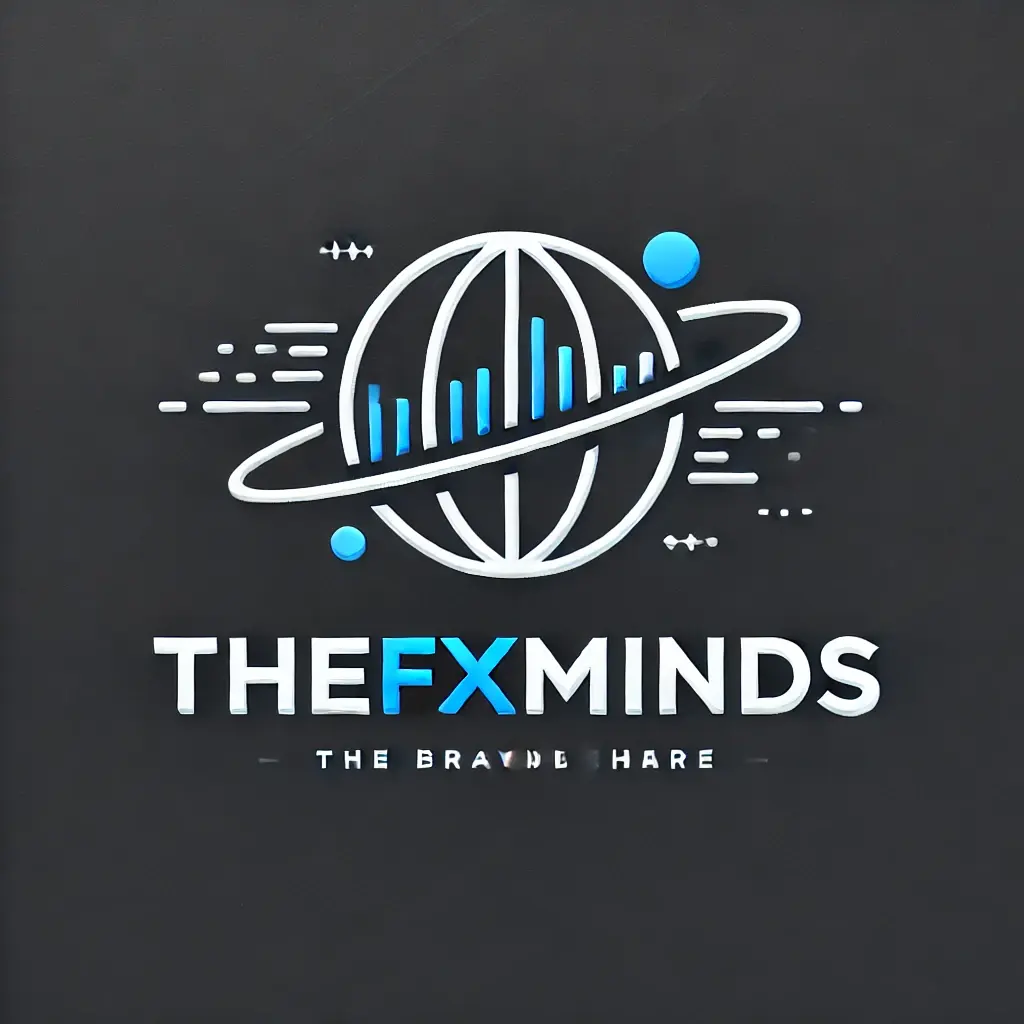Argentine President Javier Milei is embroiled in a significant controversy following his promotion of the meme-based cryptocurrency $LIBRA, which experienced a meteoric rise and subsequent collapse, leading to substantial financial losses for investors.
On February 14, 2025, President Milei endorsed $LIBRA through a post on X (formerly Twitter), describing it as a private initiative aimed at stimulating Argentina's economy by funding small businesses. This endorsement led to a rapid surge in the token's value, with its market capitalization soaring to $4.4 billion within minutes. However, the euphoria was short-lived; the token's value plummeted by over 95% within hours, resulting in estimated losses of $251 million for approximately 86% of traders, according to research firm Nansen.
In the aftermath, multiple criminal complaints have been filed against President Milei, accusing him of fraud and dereliction of duty. Opposition parties are calling for his impeachment, alleging that he exploited his presidential platform to artificially inflate $LIBRA's value for personal gain.
President Milei has denied any wrongdoing, stating that his intention was merely to support a private project and that he was unaware of the specific details of $LIBRA. He compared the investment losses to gambling, suggesting that participants assumed the inherent risks.
Further complicating the situation, reports have surfaced implicating Hayden Mark Davis, an American crypto developer, in the scandal. Davis allegedly boasted about his influence over President Milei through purported payments to Milei's sister, Karina, who serves as the presidential secretary. While these claims lack concrete evidence and have been denied by Davis, they have intensified public scrutiny and fueled allegations of corruption within the president's inner circle.
This incident, dubbed "cryptogate," has not only jeopardized President Milei's political standing but also cast a shadow over the legitimacy of meme-based cryptocurrencies. The $LIBRA debacle underscores the high volatility and potential risks associated with such digital assets, especially when promoted by influential figures without thorough due diligence.
As investigations continue, the scandal serves as a cautionary tale about the perils of speculative investments and the ethical responsibilities of public officials in endorsing financial products.








